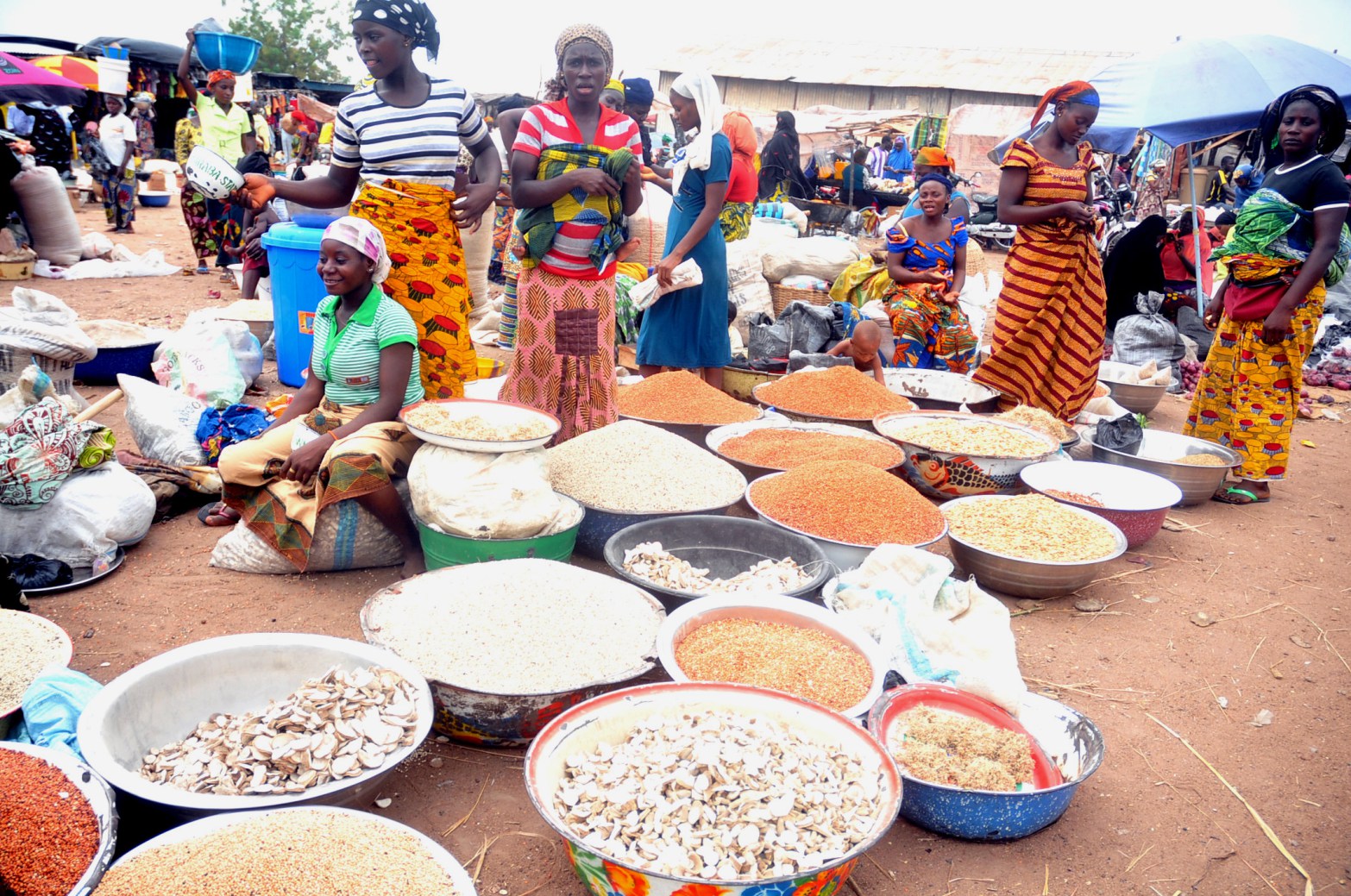By Nasiru Aminu
The war in Ukraine is shaking the commodity market and threatening global food security. The Western economic sanctions on Russia are supposed to force the hands of Russia to withdraw from the invasion, but the responses from the old Baltic power shows resilience. The war is a heavy blow to the global economy, mainly low-income African countries, and no one knows when it will end.
The COVID-19 pandemic had pushed the African continent into its worst economic recession in half a century. For Nigeria, it was the second recession in four years, which made it more challenging to recover. The unanimous agreement by academics, multilateral agencies and policymakers is that public financing needs to increase for governments to mitigate the socio-economic impact of the pandemic. Of course, the country chose the option to keep borrowing from multilateral agencies.
- Reps may suspend customs’ duty system on imported vehicles
- Insecurity: Former Defence Chiefs back recall of ex-servicemen
The pandemic reversed hard-won gains in poverty reduction in Africa, pushing millions into extreme poverty. More people added to those at risk of hunger and undernourishment.
According to the National Bureau of Statistics (NBS), 40 per cent of Nigeria’s total population (almost 83 million people) lives in poverty. The economic recovery has been hindered by higher inflation and tighter global financial conditions. Rising interest rates and increased borrowing costs in international capital markets have raised the risk of capital reversals.
The Russian invasion of Ukraine and the Western economic sanctions on Russia further compounded the situation. The reduction of exports from these countries exacerbates economic and social vulnerabilities. Food prices have reached 14-year highs, oil prices are surging towards the 2008 highs, and fertiliser prices also soared. Ukraine and Russia are major global suppliers of agricultural commodities, fertilisers and energy.
Global market shares for some agricultural exports of Ukraine and Russia are significant. The global share of both countries for the supply of sunflower oil and seeds is 53 per cent. They also supply 27 per cent of wheat, 23 per cent of barley and 14 per cent of corn. The crisis will likely immediately impact grain exports from Ukraine and Russia. Most wheat and barley crops are harvested in the summer and exported during the autumn. Ukraine corn exports typically remain heavy through the spring into the early summer. African imports from Russia and Ukraine are concentrated in a few products and countries.
The impact on food items is a worry for African households because they spend a high share of their expenditures on food. Precisely, Nigeria spends 57 per cent on food items based on 2019 data. These shortages will likely impact Nigeria’s demand as global prices of these commodities will likely increase, and some food items will be scarce. And let’s not forget how world oil prices affect the Nigerian economy – they say whenever the oil market sneezes, Nigeria catches a cold.
According to the United Nations Comtrade data, Nigeria only produces five per cent of the wheat, and Russia is Nigeria’s second wheat importer. Wheat is used in making staples like bread, semolina, noodles and pasta. The possibility of having these food items threatened in supply will be worrying for Nigeria’s rising population. Currently the average price of bread is N450, compared to N300 in 2019. The story is the same for many food items.
The crisis will also have longer-term effects on the fertiliser supply to Nigeria. The rise in natural gas price is a significant contributor. Fertiliser price has increased by 68 per cent Year-on-Year and 21 per cent since the crisis began. With the crisis and sanctions on Russia, there will be further shortages. The implications will be particularly in low-income countries with high demand for food. The price impacts could significantly reduce fertiliser use and result in poor local harvests during reduced global stocks and record global prices.
Russia is Nigeria’s key supplier, together with Canada. Nigeria imports 34 per cent of the raw materials needed to produce fertiliser. According to Comtrade, Russia exported 76 per cent of its potassium fertiliser and 31.2 per cent of nitrogenous fertiliser to Nigeria between 2018 and 2021. The dependence on these raw materials, plus the rise in gas prices, has contributed to the rise in fertiliser prices in Nigeria, currently by over 150 per cent. Therefore, the Russian invasion is expected to further worsen hunger due to food price hikes. The rising food prices put more burdens on Nigeria’s poor population, already struggling with stagnant income and deteriorating standard of living. The data shows that some significant hunger-contributing countries depend on food imports from Russia and Ukraine. Specifically, Nigeria’s undernourished population accounts for 28 per cent of hunger in Africa. This group of people is predominantly in the northern part of the country, where farming is the main activity and terrorism is hampering production. That means hunger and poverty are expected to rise in the immediate and medium-term, or as long as Russia and the West keep playing their game of chicken with an apparent response to credible threats.
It is true that no one knows the depth and how long the crisis will last. The responses by Russia show they are not ready to concede and withdraw from Ukraine despite the Western sanctions. The impact of the crisis is directly or indirectly felt across the globe. Nigeria has experienced two recessions between 2016 and 2020 and is not entirely out of the COVID crisis. Nigeria is also exposed to the risk and uncertainties arising from the Ukraine crisis. These challenges slow the country’s potential, making the policies ineffective.
Finally, a holistic food security approach is critical in ensuring food and nutrition outcomes remain a priority. Nigeria will have to redirect its current food crops demand to mitigate the impact of the food crisis. As the country that accounts for the highest percentage of hunger on the African continent, the demand for fertiliser, wheat, barley, and sunflower must be supplemented in the short term from other countries. In the longer term, the government should take full advantage of the African Continental Free-Trade Area (AfCFTA) to increase intra-African agrifood, industry and services trade to build resilience against external shocks and bring back on track Africa’s recovery from COVID. Doing so will reduce the dependence on non-continental imports and relieve the continent from external supply shocks that may lead to food crises.
Dr Aminu works with Cardiff Metropolitan University.

 Join Daily Trust WhatsApp Community For Quick Access To News and Happenings Around You.
Join Daily Trust WhatsApp Community For Quick Access To News and Happenings Around You.



